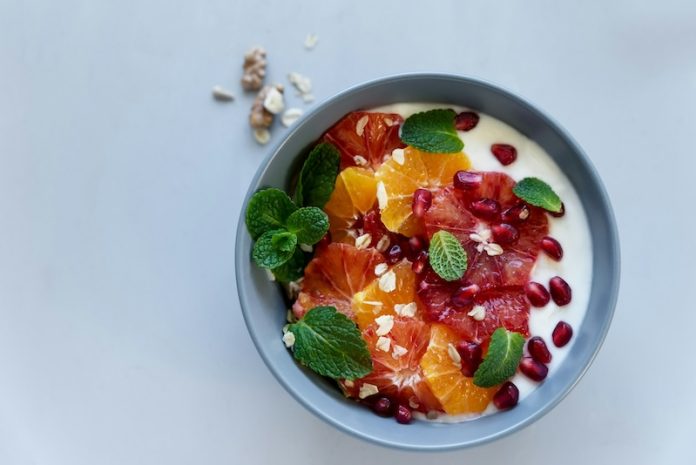
When it comes to atrial fibrillation (AFib), a condition that causes irregular and often rapid heart rate, what you eat plays a crucial role in managing your heart health.
With the maze of dietary advice out there, figuring out what’s best can be overwhelming.
This guide simplifies the science into practical advice on what foods to embrace and which ones to avoid to keep your heart beating at its best.
AFib affects millions of people worldwide, leading to a significant risk of stroke and heart failure. Research shows that diet can influence the frequency and severity of AFib episodes, making it a key component of managing the condition.
While there’s no one-size-fits-all AFib diet, certain dietary patterns have been shown to support heart health.
Foods to Eat for AFib
Leafy Greens and Vegetables: Packed with vitamins, minerals, and fiber, vegetables — especially leafy greens like spinach and kale — are heart health superheroes. They’re low in calories and high in nutrients that can help reduce blood pressure and improve overall heart health.
Whole Grains: Swap out refined grains like white bread and rice for their whole-grain counterparts, such as brown rice, quinoa, and whole wheat bread.
Whole grains help manage weight, reduce cholesterol, and maintain steady blood sugar levels, all beneficial for AFib management.
Lean Proteins: Incorporate lean protein sources like fish, poultry, beans, and nuts into your diet. Fish rich in omega-3 fatty acids, like salmon and mackerel, are particularly beneficial as they have been shown to reduce the risk of heart rhythm disorders and lower blood pressure.
Fruits: Fresh fruits are full of vitamins, minerals, and antioxidants. They can help fight inflammation, which is linked to heart disease.
However, be mindful of portions and sugar content, especially if you’re watching your weight or blood sugar levels.
Low-fat or Non-fat Dairy: These provide calcium, protein, and other essential nutrients without the added risk of increasing your saturated fat intake, which can be harmful to your heart.
Foods to Avoid with AFib
High Salt Foods: Excess salt intake is linked to high blood pressure, a significant risk factor for AFib. Processed and canned foods are often high in sodium, so it’s best to limit them and opt for fresh ingredients.
Caffeine and Alcohol: Both can trigger AFib episodes in some people. While moderate coffee consumption is safe for many, it’s advisable to observe how your body reacts to caffeine and alcohol and limit them if necessary.
High Sugar and Processed Foods: Foods high in sugar and processed foods can lead to weight gain, increased blood pressure, and higher cholesterol levels — all of which can exacerbate AFib symptoms.
Saturated and Trans Fats: Found in red meat, butter, and processed foods, these fats can increase your risk of heart disease and should be consumed sparingly.
The cornerstone of managing AFib through diet lies in balance and moderation. Adopting a heart-healthy diet not only helps manage atrial fibrillation but also improves your overall well-being.
While the connection between diet and AFib is complex, evidence suggests that a diet rich in fruits, vegetables, whole grains, and lean proteins, while low in processed foods, salt, and unhealthy fats, can make a significant difference in your heart health.
Always remember to consult with a healthcare provider before making significant changes to your diet, especially if you have a condition like AFib.
By making informed food choices, you can take an active role in managing your heart health and reducing the impact of AFib on your life.
Follow us on Twitter for more articles about this topic.
Copyright © 2024 Scientific Diet. All rights reserved.





